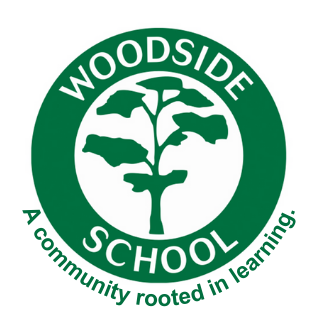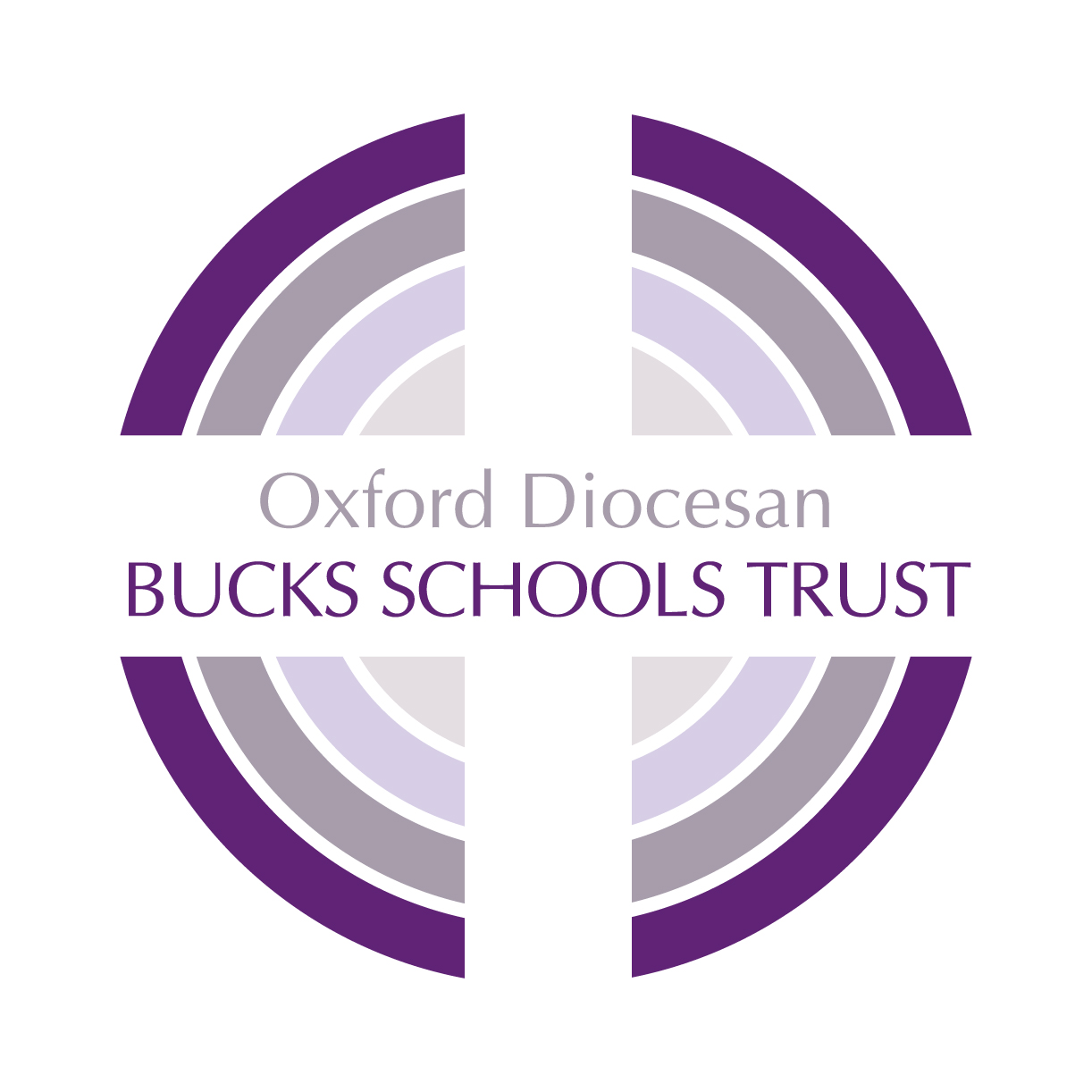Science
Intent
At Woodside Junior School, our high quality science curriculum aims to inspire all of our children who are given the opportunity to explore the awe and wonder of science, aiding them to understand the world around them and grow their curiosity. Through asking and answering probing questions, applying their scientific knowledge during child led investigation and working collaboratively, our children learn life-long skills to support them in the future.
Through careful planning and quality first teaching, children are taught a rich science curriculum that focuses on the teaching of scientific knowledge, concepts, theories and models across the three subjects of chemistry, biology and physics (substantive knowledge). Our science curriculum builds on children’s knowledge with the use of science knowledge organisers that summarise key learning and knowledge for each unit. With a strong focus on vocabulary, we encourage pupils to articulate their learning orally as well as communicate their findings through written explanations. Various retrieval tasks are used to encourage the children to apply their prior knowledge and make links between key concepts and theories to help embed this in their long-term memories.
As well as learning and applying a wealth of knowledge, our science lessons feature the important working scientifically skills (disciplinary knowledge), encouraging and allowing the children to be curious through scientific enquiry. Children are given the opportunity to ask questions, plan and deliver investigations, use a variety of scientific equipment, analyse results and form informed conclusions, applying both substantive and disciplinary knowledge.
With the growing demand for STEM (science, technology, engineering & maths) based careers, Woodside have engaged with our school community and other organisations such as Brunel University and STEM Learning (Enthuse Project) to promote science capital. Our after-school STEM club, planned STEM days and weeks are organised to inspire and engage our children in STEM activities which encourage the children to apply their STEM skills in projects, where the children work collaboratively with others, show resilience whilst problem solving, stay positive and are proud of what they have achieved. As well as inviting STEM Ambassadors to speak and inspire our children, we also encourage parents (and grandparents) to come into school and share their experience of their STEM linked careers.
Our science lessons are planned and taught with all learning abilities in mind. Lessons are scaffolded and children are supported in accordance with their needs. Work is recorded in a variety of ways which include – annotated diagrams, photos, tables, various graphs and written form, allows children to spend a greater amount of time involved in science enquiry.
Implementation
Teachers deliver high quality lessons in science which enable all pupils to reach their full potential. Our programmes of study follow the National Curriculum. Pupils learn the key knowledge, vocabulary, key concepts and processes and skills necessary for them to understand more about the world around them. New knowledge builds on prior learning and each year, pupils continually develop their scientific enquiry skills. Children are encouraged to recall and apply their prior knowledge in a variety of ways through probing questions, discussions and observation tasks. Knowledge organisers are referred to throughout the unit of work and prior learning is referenced at the beginning of each lesson. This helps the pupils to embed key learning alongside introducing new ideas and challenge. New scientific vocabulary is taught during each unit of work. Children are given many opportunities to apply their new (and previously learnt) vocabulary during group and class discussions, which are recorded in a ‘Talk for Science’ class book. All classrooms have a science working wall, where new concepts, models and processes are added to the working wall throughout the teaching of each topic. The working wall also features and focuses on new vocabulary. Children are encouraged to refer to the working wall during the lesson to support their understanding and as a point of recall.
In addition to acquiring science knowledge, our children are given opportunities to cement their understanding by working collaboratively to explore the 5 different ways of working scientifically approaches (observation over time, comparing & fair testing, pattern seeking, using secondary resources and identifying & classifying). With both teacher and pupil led investigations, children can first-hand experience how to plan and carry out an investigation, by choosing the equipment and resources they need, making decisions about how to record their results and demonstrating their understanding by writing detailed and informed conclusions. Children are encouraged to think about what they might change or do differently if they were to repeat the investigation, enabling them to think about and apply what they have learnt.
Science is linked to many subjects across the curriculum, but particularly to maths and English. We have a wonderful bank of story and picture books which relate to various science units across the school. For example, Year 3 Rock unit – The story of Mary Anning & Living fossils-a clue to the past, Year 4 State of Matter unit – Once upon a rain drop, Year 5 Reproduction & Life cycles unit – Tadpole’s Promise and in Year 6 Electricity unit – The Boy that harnessed the wind. Together with the children’s science knowledge and English writing skills, children produce high quality pieces of cross curricular writing, for example The journey of a pizza – narrative (Year 4 Digestion) and How to survive on a desert island – explanation and instructional writing (Year 5 Properties of materials).
At Woodside we ensure that science is accessible to all and that our teaching and learning allows all children to make sense of the world around them, inspiring them to want to know more. SEND pupils access the science lessons across the school, as lessons are scaffolded to meet the children’s needs, but also ensuring that they learn the key knowledge and skills. Our most able learners are challenged with planned probing questions (e.g. What if….?), providing opportunities for them to share their broader knowledge. Child led investigations allow our most able pupils to apply their knowledge and working scientifically skills, giving the pupils flexibility in how they carry out and record the results of the investigation.
Impact
Our children are enthusiastic learners, as their curiosity and mastery of knowledge demonstrates this. Impact is measures in a variety of ways. At the beginning of a new unit, teachers informally assess the children’s knowledge through differentiated questioning, use of a mini observational or discussion task which gives the children the opportunity to share prior learning. Where there are gaps in learning, the teacher will adapt planning to ensure that these gaps are filled. Throughout the topic, teachers allow for informal assessment opportunities to ensure that all children are making progress. At the end of the unit, children are provided with a gap-filling task based on the topic’s knowledge organiser and a quiz or key question that allows the children to apply their new knowledge and share what they have learnt. Consolidation opportunities are planned where necessary before the next unit begins.
As a result of quality first teaching, thoughtful planning and engaging learning, we aim for all of our children to leave Woodside with an ever-growing inquisitive mind, an enthusiasm to ask questions and a want to understand the amazing world around them. ‘It is very important for young people to keep their sense of wonder and keep asking why.’ Stephen Hawking.
The Knowledge Organisers that we use with the children can be found on the Year Group Pages.

